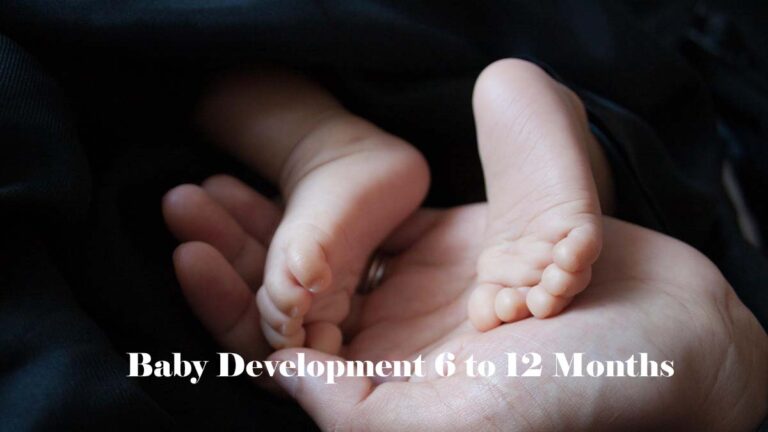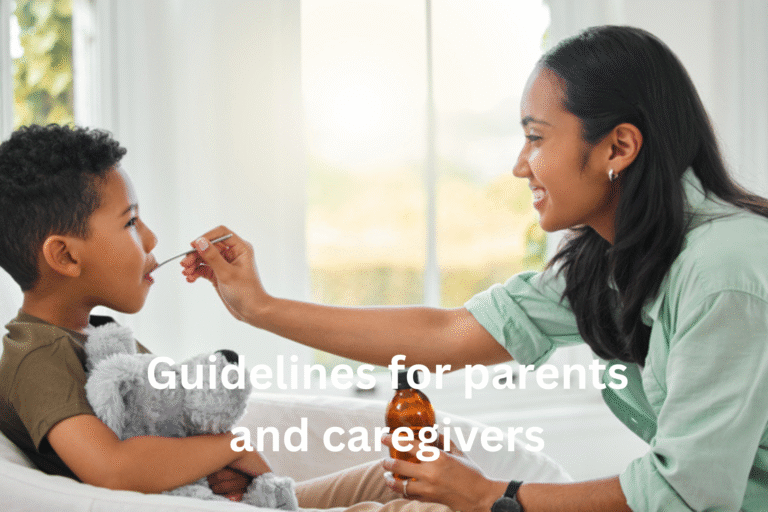Welcoming a newborn into your life is a miraculous experience. But along with joy comes the responsibility of providing delicate and intentional care, especially in the first month. Newborn baby care during this period sets the foundation for your baby’s health, comfort, and emotional security. In this comprehensive guide, you’ll find everything you need to confidently care for your newborn—from feeding and hygiene to sleep and bonding.
Why the First Month Matters in Newborn Baby Care
The first 4 weeks are known as the neonatal period—a time of rapid physical and neurological development. Understanding what your baby needs during this time can:
- Prevent common health issues
- Strengthen emotional bonds
- Improve sleep and feeding routines
- Support early milestones

1. Newborn Baby Essentials Checklist
Before diving into day-to-day care, make sure you’re prepared with these basic newborn essentials:
| Category | Items Needed |
| Clothing | Onesies, sleepers, mittens, caps |
| Diapering | Diapers, wipes, rash cream, changing pad |
| Feeding | Bottles, breast pump (if needed), burp cloths |
| Sleeping | Crib or bassinet, mattress, swaddles |
| Bathing | Baby bathtub, gentle wash, hooded towels |
| Health & Safety | Thermometer, nail clippers, nasal aspirator |
2. Feeding Your Newborn
Breastfeeding
Breast milk is highly recommended for the first 6 months of life. Here’s what you need to know:
- Feed every 2–3 hours or on demand
- Look for hunger cues (rooting, sucking motion)
- Ensure proper latch to prevent sore nipples
Benefits of breastfeeding include:
- Immunity boost
- Better digestion
- Emotional bonding
Formula Feeding
If you choose formula:
1.Use iron-fortified infant formula
2.Prepare bottles with sterilized water
3.Feed every 3–4 hours
| Feeding Type | Frequency | Amount (per feed) |
| Breastfeeding | Every 2–3 hours | On demand (10–20 min) |
| Formula | Every 3–4 hours | 60–90 ml |
3. Newborn Sleep Patterns
Expect your newborn to sleep 16 to 18 hours per day in short bursts.
Tips for Safe Sleep:
1. Always place your baby on their back
2.Use a firm sleep surface with no pillows or toys
3.Keep the room temperature moderate (68–72°F / 20–22°C)
4.Swaddle securely but not too tight
4. Diapering & Hygiene
A newborn goes through 8–12 diapers a day. Frequent changing prevents rashes and infections.
Diapering Tips:
1.Use fragrance-free wipes
2.Clean thoroughly front to back (especially for girls)
3.Allow skin to dry before putting on a new diaper
4.Apply a protective barrier cream if needed
Bathing:
Sponge baths until the umbilical cord falls off (about 1–2 weeks)
Use lukewarm water and mild baby soap
Bathe 2–3 times a week or as needed
5. Umbilical Cord and Circumcision Care
Umbilical cord stump: Keep it clean and dry, avoid submerging in water.
Circumcision (if applicable): Apply petroleum jelly and gauze as advised by your pediatrician.
Healing Time:
| Body Part | Normal Healing Time |
| Umbilical cord stump | 1–2 weeks |
| Circumcision site | 7–10 days |
6. Baby’s First Health Checkups & Vaccines
Pediatric Visits
1.You’ll typically visit the pediatrician:
2.Within the first 3–5 days after birth
3.At 2 weeks of age
4.As advised by your doctor
Immunizations
In the first month, the primary vaccine is Hepatitis B, often given within 24 hours of birth.
7. Recognizing Common Newborn Issues
Normal Behaviors:
1.Sneezing and hiccups
2.Jerky movements
3.Crossed eyes occasionally
Warning Signs to Watch For:
| Symptom | When to Call the Doctor |
| Fever above 100.4° | Immediately |
| Poor feeding | Persistent refusal to fee |
| Yellow skin (jaundice) | Worsening or spreading to limbs |
| Difficulty breathing | Flaring nostrils, grunting, rapid breathing |
8. Bonding & Developmental Milestones
Even at this early stage, bonding helps build trust and brain development.
Activities to Promote Bonding:
1.Skin-to-skin contact
2.Talking or singing
3.Gentle touch and massage
4.Eye contact during feeds
First Month Milestones:
| Milestone | What to Expect |
| Reflexes | Rooting, sucking, startle (Moro) |
| Vision | Can focus on objects 8–12 inches away |
| Hearing | Recognizes familiar voices |
| Emotional response | Calms with parent’s voice or touch |
9. Newborn Care Tips for Parents
Stay calm and flexible—routines will form gradually.
Ask for help—involve your partner or support system.
Sleep when the baby sleeps—it’s cliché, but it works.
Trust your instincts—you’ll get better every day.
Conclusion
Caring for a newborn may seem overwhelming at first, but with a calm, consistent approach and the right knowledge, you can navigate the first month with confidence. Remember, every baby is different, and learning their needs is a journey. Keep communication open with your pediatrician, trust your instincts, and cherish every precious moment.




